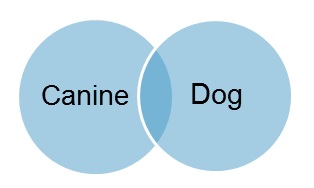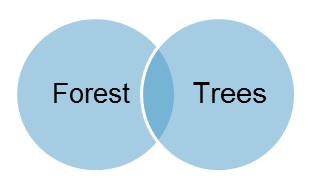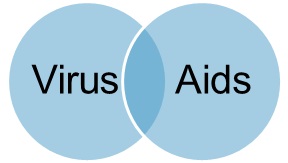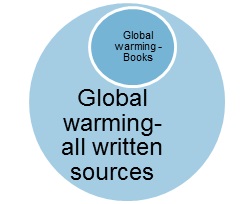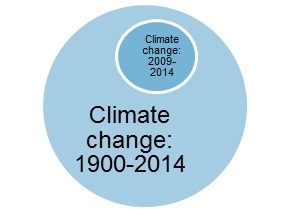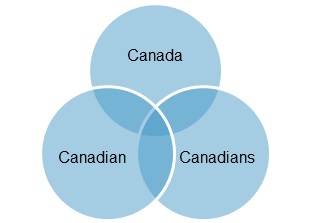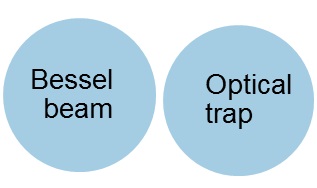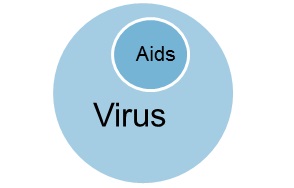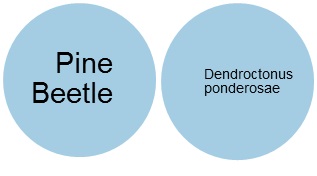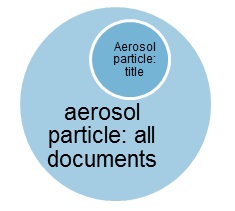Finding Sources and Literature Searches
Resources
Scholars choose suitable sources for their research because these sources add relevant details and perspectives to their work. In any form of scholarly communication, the use of other reliable sources helps to signal the scholar’s credibility and knowledgeability about the topic, and locates them as a participant in a broader scholarly conversation that is happening through various published books, articles, and chapters, collectively called the scholarly “literature.”
Scholars work to build knowledge in their discipline, which requires that they engage with the work of others. Scholars rely on particular resources to help find and track what others are saying about a given topic in the scholarly literature. Learning what these are and how to use them is a valuable part of the research process.
Scholarly Resources
SCHOLARLY RESOURCES
The university gives researchers, professors and students alike, access through the library to many types of sources which you can use to develop your knowledge of a topic. To access a wide array of sources, and particularly scholarly sources, which are often behind paywall, the library is the best first stop (start online, but you may need to go in person to find printed sources that lack digital access).
There are several UBC resources that help you find the most relevant sources of scholarly work:
- Use a Research Guide. Research guides help you find specific sources for disciplines that you may not be familiar with.
- If you are a UBC student and/or have a Campus Wide Login (CWL), you can use the UBC Library Home page to find articles, eBooks, theses and much more!
- Check out UBC’s Library Skills Tutorial for modules starting research, finding sources, and citing sources
- If you are a student at another institution, visit your library and/or contact a librarian to find out how to make the most of the amazing resources available to you (on the shelves and online).
- Google Scholar is sometimes recommended to researchers, but it can also cause problems, so be cautious. Google often aggregates drafts and pre-publication versions of works that have not been completely reviewed or met the high degree of rigour provided by peer reviewed scholarly texts. It also can misidentify scholarly sources. Yet, sometimes you can find helpful sources here that may not have appeared in the library search (and if you are logged at UBC or through the UBC VPN, you can click on the source and it will access it via the UBC library still). The key point is that when finding sources through Google Scholar, be sure to always double check that you have the final version and that it is a properly scholarly source (more details on that in the next module about sources). Don’t just trust the search engine because it has “scholar” in the name.
Keeping Track of Your Resources
How can you keep track of all your references?
Develop a working bibliography for your research, where you track the citation information for your sources and add specific annotative notes about what they were about and how they were relevant (or not, if a particular source turned out to be unhelpful despite looking promising). This list will help you remember where you’ve been as you progress, and help you make sure to cite all of your sources as you aggregate information. Having a working bibliography document for your research project helps you avoid hours of searching back again to make sure you work with that source with academic integrity.
There are several programs that allow you to track your sources and add annotations, like a working bibliography app. UBC students and CWL holders can access Refworks for free while at UBC through the UBC Library website. Other free applications include Mendeley and Zotero, which you can use as well. All of these can also help you create your citations for you document, but they often include errors so know which style you are using and double-check them. See the library resource on citation management.
Search Strategies
Search Strategies
To maximize the effectiveness of using the above resources, you'll need to learn how best to use search tools, including what terms to search and how to use different search platforms. Scholarly writing requires you to find and use credible sources that reflect the ongoing scholarly discourse (e.g. citing a source from 30 years ago about the properties of DNA will not necessarily be a wise move, since knowledge about DNA has developed substantially since).
There are many resources out there, but inefficient searches can sometimes be overly time-consuming and overwhelming. To more efficiently search and find applicable sources, use the strategies in the video below. Keep practicing, and soon searching the scholarly conversation around a topic will seem less daunting and become more focused and even exciting!
Here is a video on helpful strategies to expand and narrow your search:
Ways to Expand and Narrow Search
Video Resources
Need more help?
Watch ‘Grammar Squirrel’s video resources about identifying different sources and integrating them into your science writing on the UBC Science Writing YouTube Channel.
